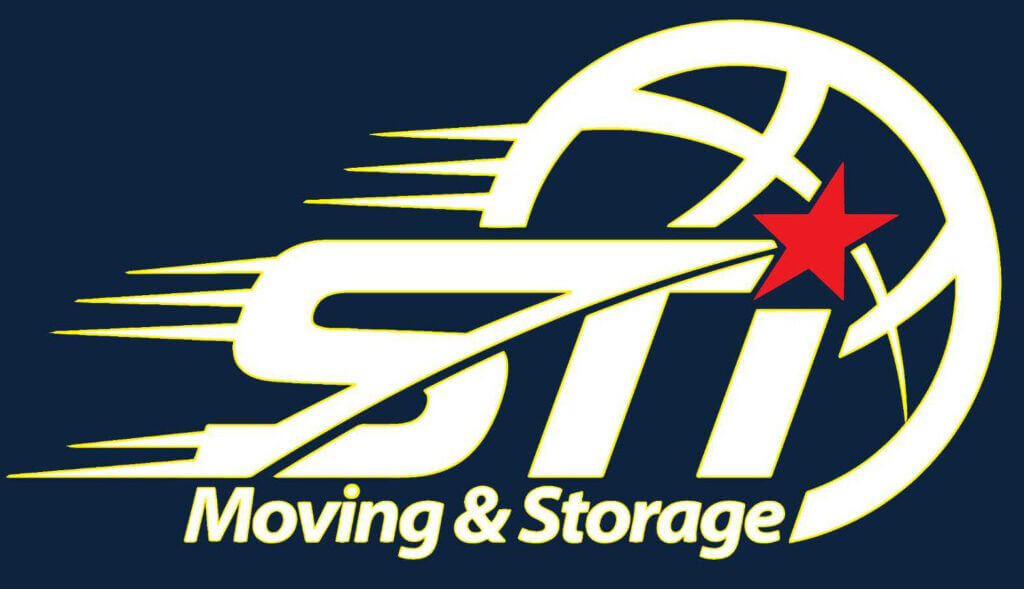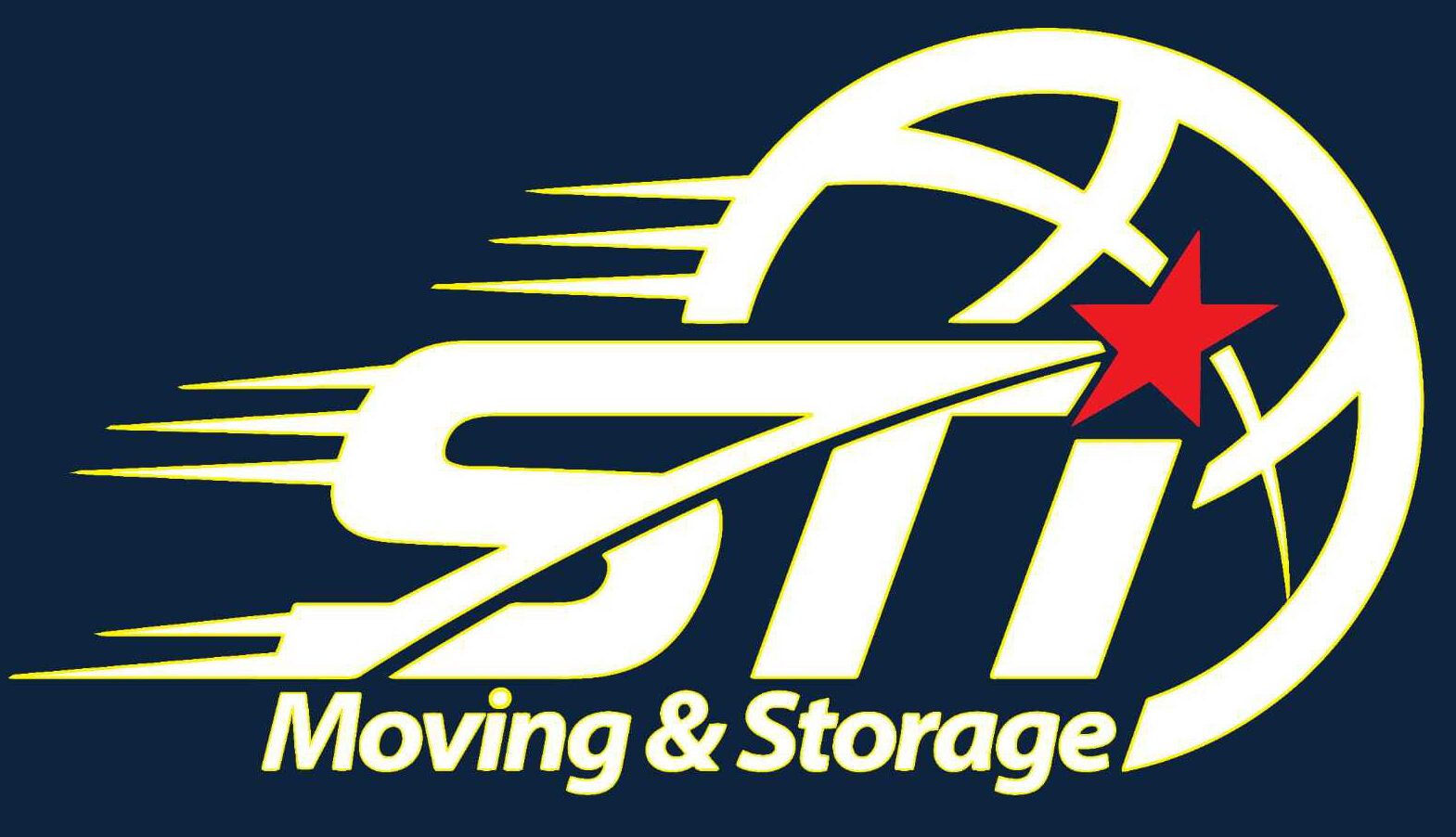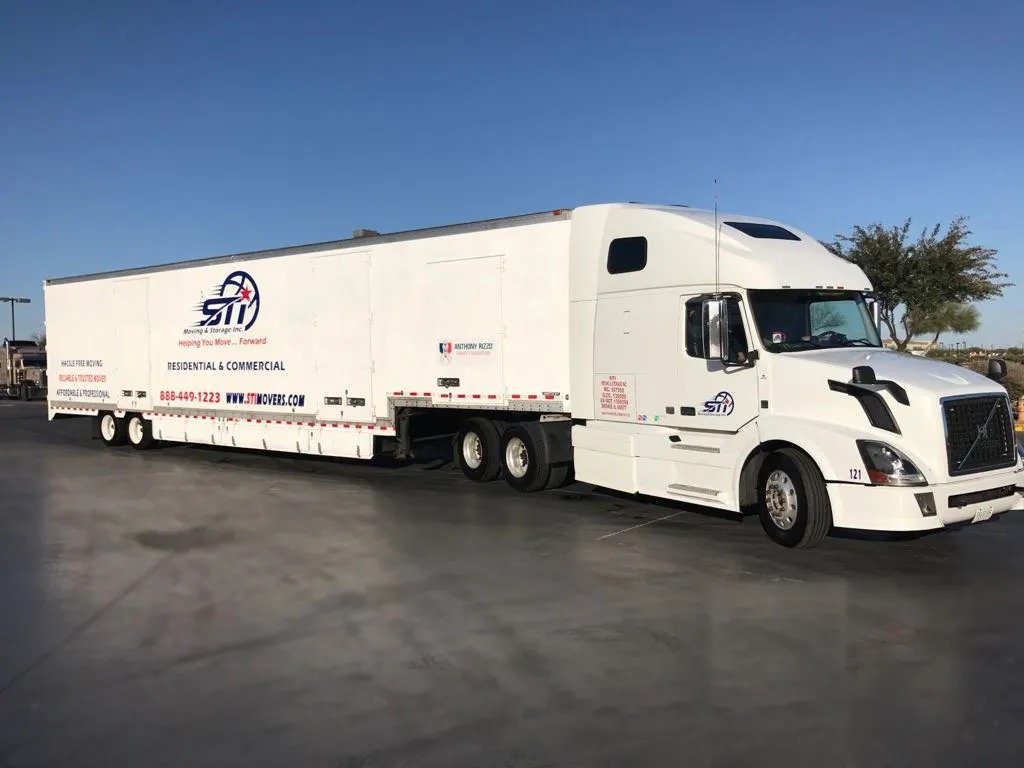Moving is complex and can be overwhelming, but it can often become quite expensive, too. Without a plan and a desired goal with the moving budget, your spending around relocation can get out of hand pretty quickly. When creating a moving budget, having a plan and an outline of spending can be of great help. Here are tips to help you navigate your money easily.
1. Inventory
Before packing, decide what goes with you inside that moving truck and what you’re getting rid of. Remember, the more belongings you relocate, the higher the fee is going to be. Start by decluttering your home and categorizing items into three groups: keep, donate, and discard. For items you no longer need but are in good condition, consider donating to local charities or selling them through online platforms like Craigslist or Facebook Marketplace.
Decluttering not only reduces the volume of items to be moved but also decreases transportation costs, as movers typically charge based on weight or volume. Additionally, creating a detailed inventory list of the items you plan to keep will help you stay organized. This list can also be useful for insurance purposes and tracking your belongings during the move.
2. Research About Fees
Doing research and having a clear idea of relocation fees will help you a lot with determining your budget. When you inquire about the fees, take into account not only the base fee but the additional fees, as well as the insurance. If you have some special items you need to transport, count that in, too.
Request quotes from multiple moving companies to compare pricing and services. Ask about potential additional fees, such as:
- Charges for stairs or elevators
- Long carries (when movers need to transport items a significant distance from your home to the truck)
- Packing services or materials
- Handling specialty items like pianos or antiques
Ensure you understand what’s included in the base fee and what will incur extra charges. Additionally, check if the moving company offers insurance coverage and consider whether you need to purchase additional protection for high-value items.
3. Everyday Expenses
Even though you are relocating, you will still have everyday expenses. Try to track your monthly budget and plan what you can adjust to fit into your moving budget. Review your regular expenses, such as groceries, utilities, and subscriptions. Identify areas where you can cut back temporarily to allocate more funds toward the move.
For example, you might skip dining out for a month or cancel non-essential subscriptions. Use budgeting tools or apps to track your expenses and ensure you’re staying within your overall financial plan. If your move involves traveling long-distance, don’t forget to include travel-related costs, such as gas, tolls, or hotel stays, in your budget. Being proactive about these expenses will help you avoid surprises.
4. Save Cash
To relocate comfortably and without headaches, giving up comfort for a while will be a smart thing to do, especially if relocating long-distance. It’s smarter to cut back on some costs and save up so you can hire professional movers than be casual about it and suffer later. Start saving for your move as early as possible. Create a dedicated savings fund and contribute to it regularly.
Look for ways to save money on packing materials, such as sourcing free boxes from local stores or using household items like towels and blankets for cushioning. Consider DIY packing to reduce costs, but balance this with the time and effort required. For those moving on a tight budget, renting a moving truck and handling the relocation yourself might be an option. However, weigh the potential savings against the physical effort and time commitment to determine if it’s worth it.
5. Count In Additional Costs
Relocation will always cost more than you figured, usually because you will oversee some costs. Think about your pets or if your children would need babysitting for that day, or if you need to order takeout, or even tipping the movers. When you count everything in, the more you are in control.
Here are some commonly overlooked costs to include in your budget:
- Pet care: Boarding or travel accommodations for pets
- Childcare: Hiring a babysitter during the move
- Food: Takeout meals or snacks during moving days
- Cleaning services: Hiring professionals to clean your old or new home
- Tipping movers: Plan to tip movers 10–20% of the total cost or $4–5 per hour per mover
- Storage fees: Temporary storage if your move-in dates don’t align
Planning for these extras ensures you won’t be caught off guard by unexpected expenses.
Bonus Tip: Create a Moving Expense Spreadsheet
Organize all your projected and actual expenses in a spreadsheet. Include categories like moving company fees, packing supplies, travel costs, and miscellaneous expenses. Updating the spreadsheet regularly will help you monitor spending and adjust your budget as needed.
Conclusion
Moving can be financially demanding, but with careful planning and a well-thought-out budget, it doesn’t have to overwhelm you. Start by taking inventory and decluttering, research all potential fees, and track your everyday expenses to find areas where you can save. Remember to account for additional costs that might not be immediately obvious, such as pet care, tipping movers, or takeout meals. By staying organized and proactive, you can maintain control of your finances and enjoy a smoother, less stressful relocation experience. Best of luck with your move!



